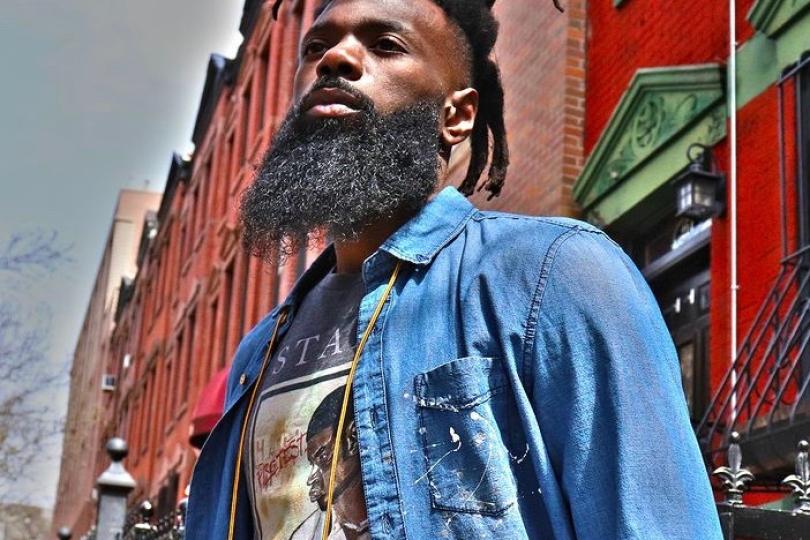Hobbies

I was raised in a tight knit faith-based community. And for many years no one outside of my immediate circle knew I was a prolific poet who filled volumes of notebooks with poems. At age five, I started sharing my poetry with my parents, and reciting it in churches. I read my first poem publicly in Fawn Lake, Pennsylvania at a church in the woods led by my uncle and aunt. However, my clandestine preoccupation with creative writing did not become public knowledge until undergraduate school. One evening in my dormitory, my best friend discovered my composition notebook of poems stashed in a closet and asked me to read a few. After hearing me read the poems, she understood creative writing was more than a hobby to me because she “felt” my poems. Which is to say I wrote something down on paper that resonated with her. This is what Aristotle calls imitation in The Poetics.
Poetry in general seems to have sprung from two causes,
Each of them lying deep in our nature. First, the instinct
Of imitation is implanted in man from childhood, one
Difference between him and other animals being that
He is the most imitative of living creatures, and through
Imitation learns his earliest lessons;
And no less universal is the pleasure felt in things imitated. (Aristotle 55)
Poetry is an imitation of life. Life is a series of cause and effect. When poetry is successfully imitative, it leads to recognition. How one achieves recognition in their writing may be the conundrum that led to this article.
Growing up, my small circle of friends knew I wrote creatively but did not quite understand it was more than a hobby. Some of my friends played basketball on the weekends but did not aspire to play in the NBA. The stakes were low. They played the sport for fun. “For the love of the game.” I did not follow or play sports. In fact, I am still in search of a hobby, because I am a hobby-less playwright who needs a recreational activity to take my mind off of the work. If we participate in recreational activities for fun, what happens when the fun becomes work? Is fun at work a hobby, or fun-work?
I believe playwrights are like sponges. We tend to soak up life. And when we sit down to write, we wring the life out on the page and draft it into a compelling narrative. Merriam-Webster defines wring as: to squeeze or twist especially so as to make dry or to extract moisture or liquid. Sounds painful, I know. All those poor sponges! Anyhow, in the case of playwriting, the liquid may be the life we absorb. Which includes, but it is not limited to, hobbies.
But what is a hobby anyhow? For the purpose of this article I will define a hobby as a recreational activity we do exclusively for enjoyment. And it is the adjectival use of the term exclusive that prevents me from developing a hobby. While there are activities I enjoy, and do for the sake of enjoyment, they always seem to feed my creative process. Perhaps the challenge is to find a creatively-inedible hobby that does not lend itself to my playwriting process. Perhaps the community could help me. Are hobbies a primitive human need? Or benefits of social advancement? Is creative expression your hobby? What happens when hobbies become careers? Where then do you turn for recreation? Do other theater-makers feel the same? Actors? Directors? What activities do you enjoy that your creative process does not eat up? Let’s discuss!
1. Aristotle, Aristotle’s Poetics, trans. S.H. Butcher (Hill and Wang, 1961), 55.




